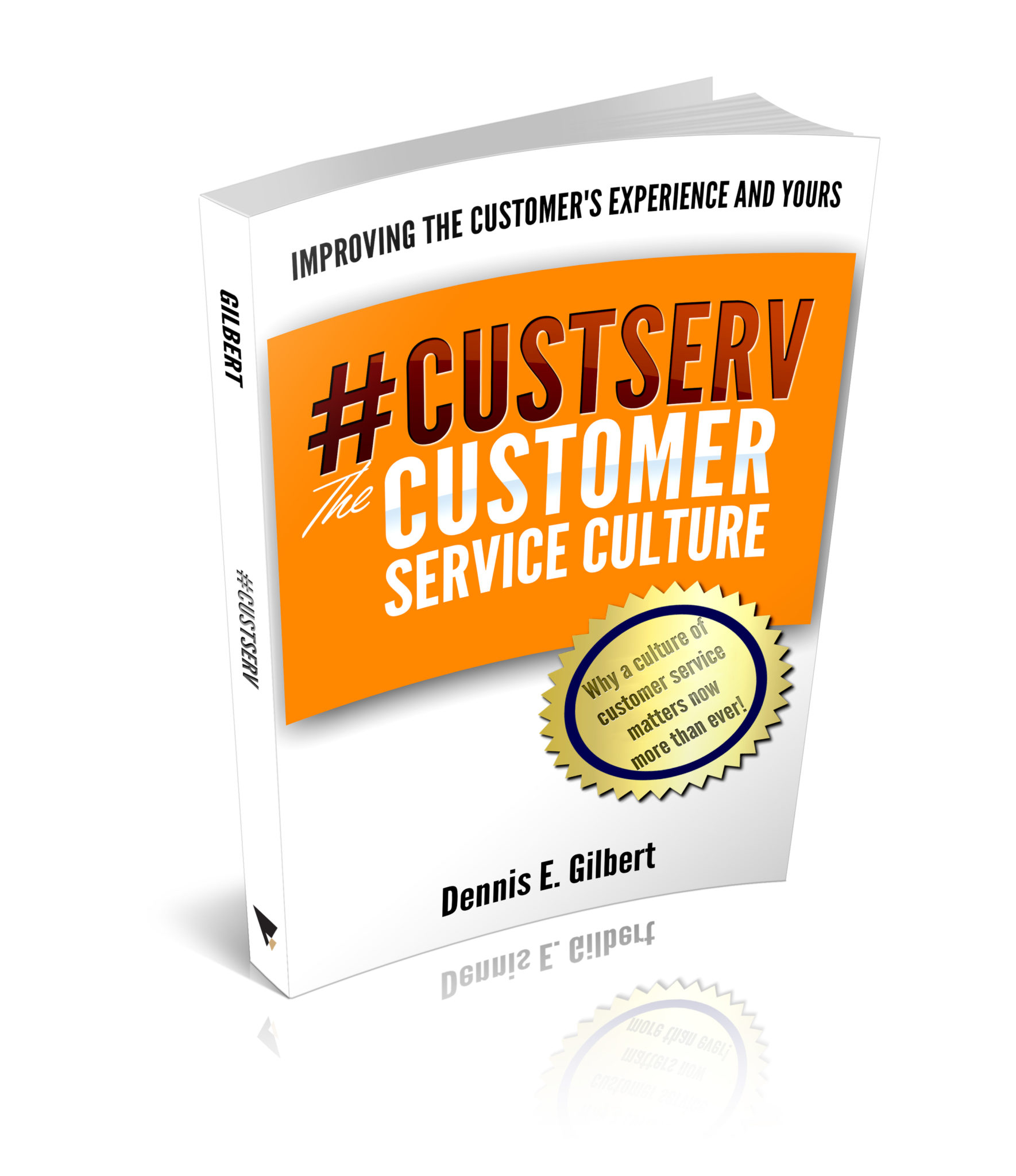
Stretch Goals and a Commitment to Achieve
In your career, for yourself, or for your team, do you have stretch goals? Are goals something your boss decides? Do you have input? Thinking of goals is there anything you would do differently?
Winning is a great thing, it also creates new expectations.
Winning Achievements
In sports, when you win the opening game there is an expectation that you’ll win the next one too. The pressure and commitment shifts, it changes, it gets more serious.
When you close the sale, it is expected that you’ll do it again. Next time it may be bigger. Next week more, and the week after even more.
Winning streaks change things. They change the mindset of the team, the competitors, and the results. Tackling the giant is always a challenge, doubt enters the minds of those seeking to dismantle the hero. The win streak seems unstoppable.
We’ve seen it in football, in soccer, and even in motorsports. The longer the streak goes on, the more confidence that comes through.
Stretch Goals
In the workplace people are sometimes irritated with stretch goals. The salesperson thinks, “How much more can I be expected to achieve?”
The same is often true for the C-Suite reporting to the board of directors. The numbers and expectations are lofty, the likelihood of success initially feels slim.
Yet building on one success after another. Bringing in each small win adds up. There is momentum to accumulation. Actual versus goal, the gap closes, the stretch shrinks, the streak broadens.
Confidence is built one step at a time.
Commitment starts at the beginning and accelerates as the gap narrows.
A stretch too far to reach is more probable for those who quit before they begin.
-DEG
Dennis E. Gilbert is a business consultant, speaker (CSPTM), and culture expert. He is a five-time author and the founder of Appreciative Strategies, LLC. His business focuses on positive human performance improvement solutions through Appreciative Strategies®. Reach him through his website at Dennis-Gilbert.com or by calling +1 646.546.5553.












